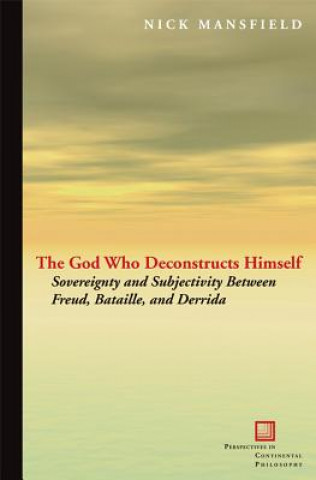
Kód: 04941068
God Who Deconstructs Himself
Autor Nick Mansfield
No topic has caused more discussion in recent philosophy and political theory than sovereignty. From late Foucault to Agamben, and from Guantanamo Bay to the 'war on terror,' the issue of the extent and the nature of the sovereign ... celý popis
- Jazyk:
 Angličtina
Angličtina - Vazba: Pevná
- Počet stran: 144
Nakladatelství: Fordham University Press, 2010
- Více informací o knize

2504 Kč

Skladem u dodavatele v malém množství
Odesíláme za 10-14 dnů
Potřebujete více kusů?Máte-li zájem o více kusů, prověřte, prosím, nejprve dostupnost titulu na naši zákaznické podpoře.
Přidat mezi přání
Mohlo by se vám také líbit
-

From Trickster to Badman
832 Kč -

French Phrasebook
452 Kč -
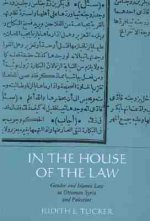
In the House of the Law
1064 Kč -

Plant galls
780 Kč
Dárkový poukaz: Radost zaručena
- Darujte poukaz v libovolné hodnotě a my se postaráme o zbytek.
- Poukaz se vztahuje na celou naši nabídku.
- Elektronický poukaz vytisknete z e-mailu a můžete ihned darovat.
- Platnost poukazu je 12 měsíců od data vystavení.
Více informací o knize God Who Deconstructs Himself
Nákupem získáte 250 bodů
 Anotace knihy
Anotace knihy
No topic has caused more discussion in recent philosophy and political theory than sovereignty. From late Foucault to Agamben, and from Guantanamo Bay to the 'war on terror,' the issue of the extent and the nature of the sovereign has given theoretical debates their currency and urgency. New thinking on sovereignty has always imagined the styles of human selfhood that each regime involves. Each denomination of sovereignty requires a specific mode of subjectivity to explain its meaning and facilitate its operation. The aim of this book is to help outline Jacques Derrida's thinking on sovereignty - a theme which increasingly attracted Derrida towards the end of his career - in its relationship to subjectivity. It investigates the late work Rogues: Two Essays on Reason, as not only Derrida's fullest statement of his thinking on sovereignty, but also as the destination of his career-long interest in questions of politics and self-identity. The book argues that in Derrida's thinking of the relationship between sovereignty and subjectivity - and the related themes of unconditionality and ipseity - we can detect the outline of Bataille's adaptation of Freud. Freud completed his 'metapsychology,' by defining the 'economic' nature of subjectivity. In Bataille's hands, this economic theory became a key to the nature of inter-relationship in general, specifically the complex and shifting relationship between subjectivity and power. In playing with Bataille's legacy, Derrida connects not only with the irrepressibly outrageous thinking of philosophy's most self-consciously transgressive thinker, but with the early twentieth century scientific revolution through which 'energy' became ontology. As with so many of the forebears who influenced him, Derrida echoes and adapts Bataille's thinking while radically de-literalising it. The results are crucial for understanding Derrida's views on power, subjectivity and representation, as well as all of the other key themes in late Derrida: hospitality, justice, otherness and the gift.
 Parametry knihy
Parametry knihy
Zařazení knihy Knihy v angličtině Humanities Philosophy History of Western philosophy
2504 Kč
- Plný název: God Who Deconstructs Himself
- Podnázev: Sovereignty and Subjectivity Between Freud, Bataille, and Derrida
- Autor: Nick Mansfield
- Jazyk:
 Angličtina
Angličtina - Vazba: Pevná
- Počet stran: 144
- EAN: 9780823232413
- ISBN: 0823232417
- ID: 04941068
- Nakladatelství: Fordham University Press
- Hmotnost: 340 g
- Rozměry: 229 × 152 × 15 mm
- Datum vydání: 15. July 2010
Oblíbené z jiného soudku
-

Meditations
257 Kč -

The Myth of Sisyphus
169 Kč -

Why I Am so Clever
91 Kč -

Meditations
274 Kč -

Republic
282 Kč -

Beyond Good and Evil
258 Kč -

Gay Science
342 Kč -

Aphorisms on Love and Hate
70 Kč -
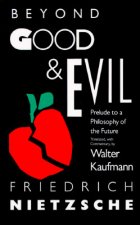
Beyond Good & Evil
355 Kč -

Meditations on First Philosophy
276 Kč -
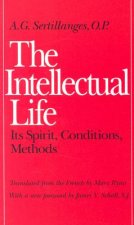
Intellectual Life
466 Kč -

Socrates' Defence
90 Kč -

Discourses, Fragments, Handbook
323 Kč -

Ride the Tiger
505 Kč -

Thus Spoke Zarathustra
291 Kč -

Fear and Trembling
276 Kč -

Birth of Tragedy
90 Kč -
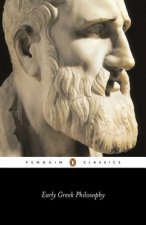
Early Greek Philosophy
357 Kč -
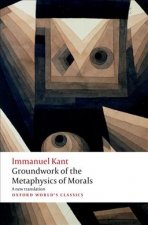
Groundwork for the Metaphysics of Morals
276 Kč -
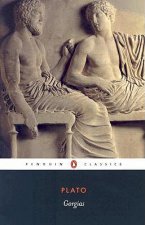
Gorgias
232 Kč -
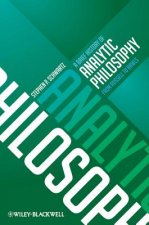
Brief History of Analytic Philosophy - From Russell to Rawls
955 Kč -
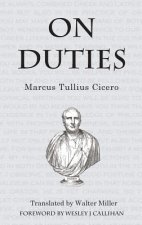
On Duties
336 Kč -

Discourses and Selected Writings
323 Kč -

Nicomachean Ethics
139 Kč -

Nausea
215 Kč -

Letters from a Stoic
276 Kč -

Meditations
504 Kč -

Simulacra and Simulation
416 Kč -

Phenomenology of Spirit
548 Kč -

Twilight of the Idols with The Antichrist and Ecce Homo
139 Kč -

On Liberty, Utilitarianism and Other Essays
223 Kč -
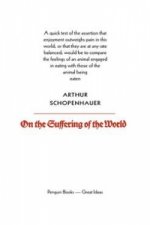
On the Suffering of the World
136 Kč -

Human Condition
514 Kč -

On the Shortness of Life
236 Kč -

Existentialism Is a Humanism
218 Kč -

Think
303 Kč -

Guide to the Good Life
457 Kč -
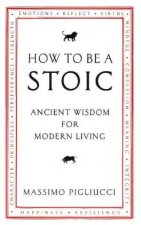
How To Be A Stoic
454 Kč -

The Symposium
235 Kč -

Human, All Too Human & Beyond Good and Evil
138 Kč -

At The Existentialist Cafe
277 Kč -
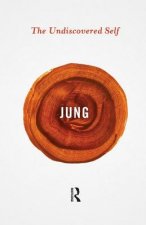
Undiscovered Self
708 Kč -

Passions of the Soul and Other Late Philosophical Writings
303 Kč -

The Trouble With Being Born
314 Kč -

Leviathan
139 Kč -
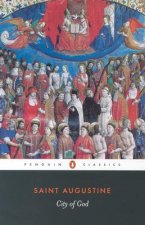
City of God
451 Kč -

Ecce Homo
250 Kč -
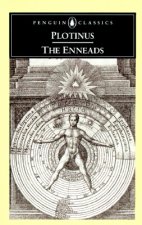
Enneads
401 Kč -

On Friendship
196 Kč
Osobní odběr Praha, Brno a 12903 dalších
Copyright ©2008-24 nejlevnejsi-knihy.cz Všechna práva vyhrazenaSoukromíCookies


 Vrácení do měsíce
Vrácení do měsíce 571 999 099 (8-15.30h)
571 999 099 (8-15.30h)